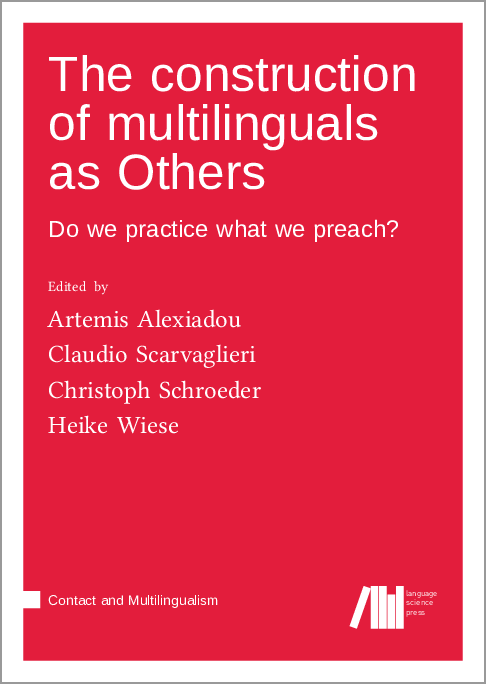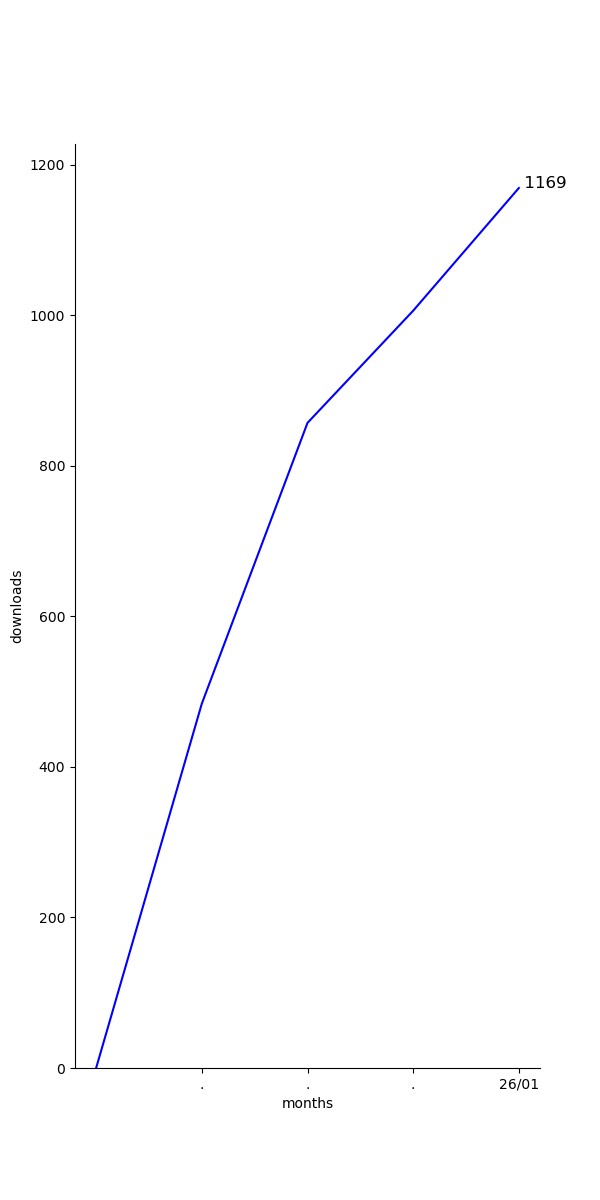We log anonymous usage statistics. Please read the privacy information for details.
The construction of multilinguals as Others: Do we practice what we preach?
Synopsis
Multilingualism is the normal condition for contemporary as well as historical human societies. However, European nation-state building has led to a strong “monolingual habitus” that constructs a community of monolingual speakers as bearers of a nation. This erases or exoticises multilinguistic practices and excludes multilingual speakers. The effects of this exclusion are visible in the public discourse on multilingual speakers, where we find a widespread “Othering” of multilingual speakers, understood as constructing them as members of a social and linguistic out-group. Such Othering is not restricted to public discourse but is also found in our own practice as professionals working in linguistics and related fields. In the volume, we take a close look at Othering practices not only in the public discussion and educational practice, but also in academia, with a focus on linguistics. We provide critical reflection of common practices in our own field, and discuss the implications and challenges of this for our research. Chapters will address conceptual framing and labelling, methodology, and research bias in a broad spectrum of approaches. They will discuss the social context of Othering in linguistics, labelling practises in linguistic publications and the construction of multilinguals as Others in linguistic subdisciplines such as heritage language research, descriptive and documentary linguistics, second language acquisition, language teaching, and outreach activities.
Chapters
-
IntroductionMultilinguals as others in society and acadmia: Challenges of belonging under a monolingual habitus
-
Othering of multilinguals in society
-
Othering of multilinguals in linguisticsImplications from labelling
-
Methodological Othering through monolingual controlsHow not to
-
(M)other tongueHow Global South multilingual practices allow uncovering multilingualisms beneath the invented monolingual European Self
-
Constructing a clientele in needThe field of German as a second language
-
Multilingualism and identity construction in pedagogical discourse
-
The anxious heritage speaker?Language anxiety and insecurity in multilingual contexts
-
Who's there?In/Exclusively addressing the Other in disseminating linguistic results




